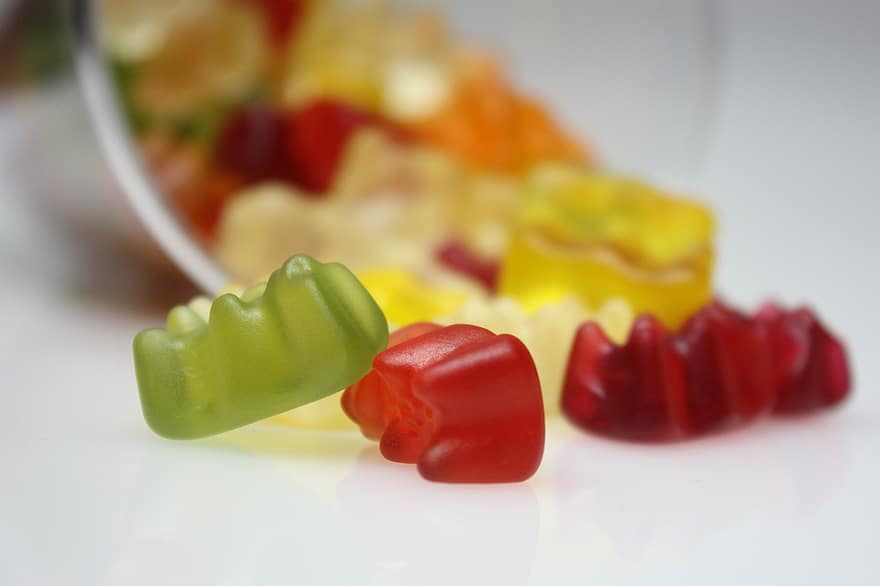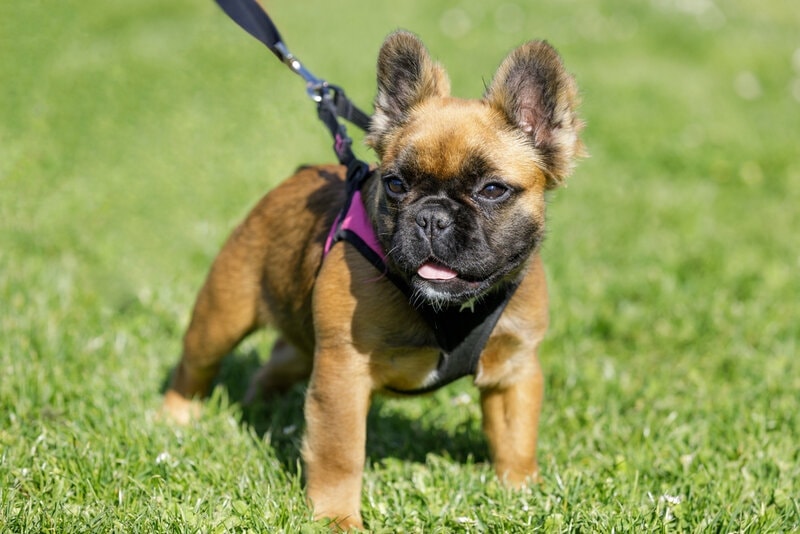When Can Puppies Eat Dry Food Without Water? Vet-Approved Care Tips & FAQ
By Luxifa Le
Updated on
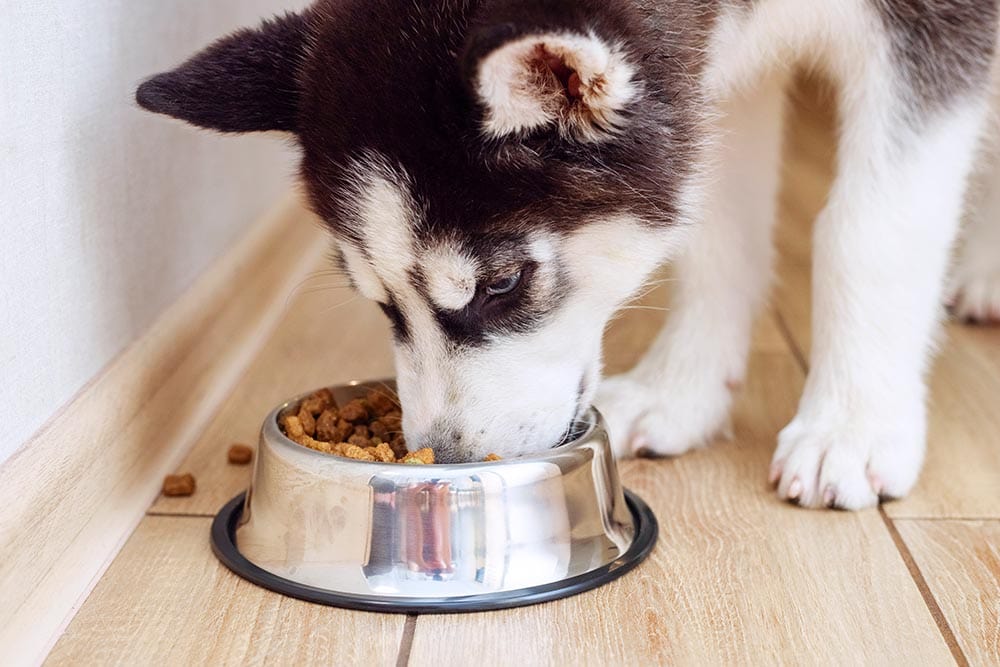
There are many commercial puppy diets on the market. But all puppies should be started on a diet of milk. If the mother is present and produces enough milk for her puppies, she will handle this stage. However, if the puppies are not being attended to by their mother, she rejects the puppies, or the mother is not present, the puppies will need to be started on a milk replacer.
Puppy Dietary Needs
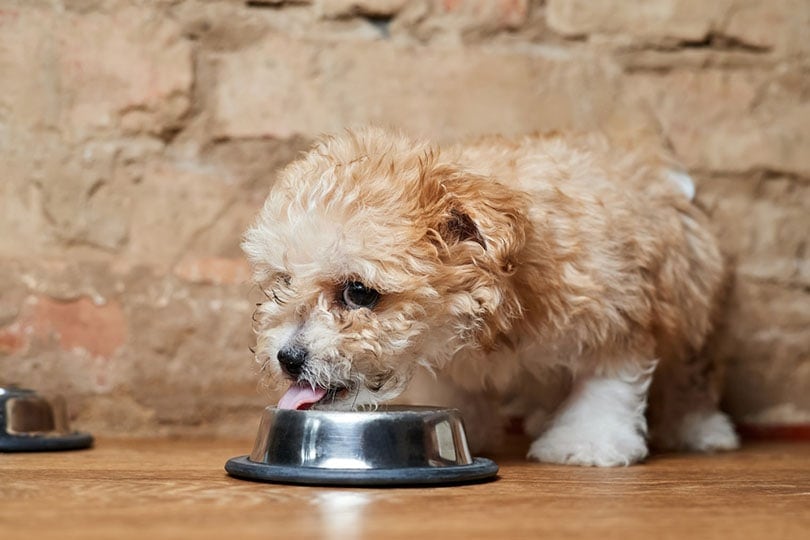
Puppies need more calories than adult dogs since their bodies are growing rapidly. According to the VCA, puppies should be gaining 5–10% of their body weight each day; that’s a lot of growing to do, especially in a large-breed pup!
Thus, it’s imperative that the puppies receive adequate nutrition to ensure that they develop and mature properly. So, if you see that the puppies are not receiving milk from their mother, it’s critical that they are given milk replacer.
Milk replacer should be about the same temperature as your skin. Just like when heating up a baby bottle, you’ll want to test the temperature on your forearm to make sure it isn’t too hot for the puppies.
Puppies should begin eating solid food at about 3½ to 4½ weeks old. To start the weaning process, you’ll need to create a gruel out of puppy kibble, puppy milk replacer, and water. Put the gruel in a flat dish that won’t obstruct the puppies’ access to it. Soak the food until it is soggy so the puppies don’t hurt their erupting deciduous teeth (baby teeth). Dip the puppies’ noses into the gruel two or three times per day until they begin to lap up the mixture of their own volition. Do this carefully and keep the contact brief to avoid inhalation of the gruel. Once the puppies are consuming the gruel on their own, reduce the moisture content gradually between 4-6 weeks of age at which point they can be introduced to dry kibble.
- Optimize the benefits of your dog’s diet with our calorie calculator here.
Signs of Healthy Puppies
Healthy puppies should eat and sleep for almost the entirety of their first few weeks of life. As long as the mother is attending to their needs, you should hear and see very little of the puppies until they open their eyes.
Puppies typically open their eyes within the first ten to fourteen days. If the puppies have not opened their eyes by the second week of life, have them seen by a veterinarian to ensure that there is not a problem. Also, if you notice that you notice that a puppy’s eyes are swollen, bulgy, or have a noticeable crust or discharge, you can try gently opening the eye using a cotton ball dampened with warm water. Mucoid discharge should prompt veterinary consultation to rule out an infection.
If you notice one puppy in the litter is constantly crying, it may indicate that the puppy has become ill. If all of the puppies are crying, it may indicate that the mother is not producing enough milk or that there is a problem with her milk (as is the case with mastitis, infection of the mammary gland)..
If you suspect that your dog’s puppies are not being fed adequately—which is unlikely to be your dog’s fault—you’ll need to step in to help her feed her puppies. The whole litter can die in as little as 24 to 48 hours if a mother is not producing enough milk or her milk is infected.
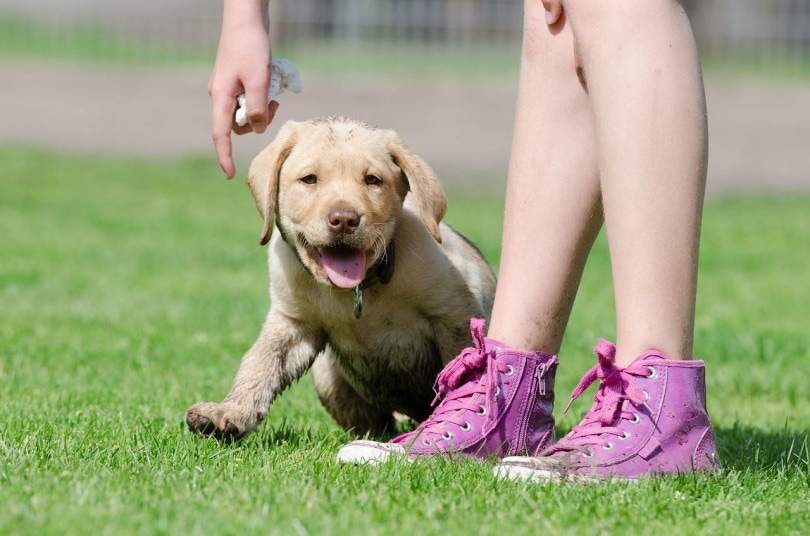
Conclusion
Weaning your puppies off their mother’s milk is an essential step in preparing your puppies for their adult life. To conclude, VCA recommends that puppies be weaned off milk and eating solid food without additional moisture by the time they reach four to six weeks of age.
Featured Image Credit: Andrii Spy_k, Shutterstock




